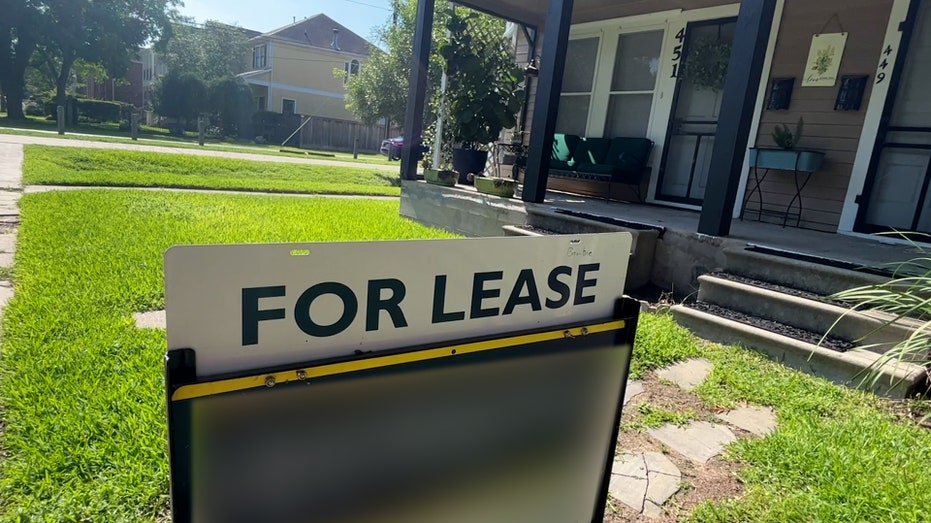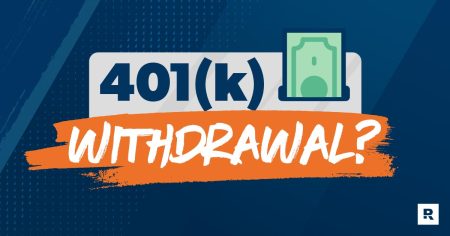A new survey by Bank of America finds that nearly half of adult members of Gen Z are relying on financial help from their parents and family members to get by.
The survey for Bank of America’s Better Money Habits team found that 46% of Gen Z are receiving financial assistance from their parents or other family members, a figure that declines to 30% for Gen Z non-students.
Holly O’Neill, president of retail banking at Bank of America, told reporters on Tuesday that, “Gen Zs are coming out and becoming independent, so I think if I were to want to see progress in a category, that would be… Gen Z becoming more independent from family and friends.”
“Maybe I’m biased because I have three Gen Zs I’m trying to make independent, but I think that’s a marker that they’re setting a budget and they’re living up to that budget, so that’s an area I’d like to see some progress on,” O’Neill said.
CREDIT CARD DELINQUENCIES ARE SURGING – AND RISING FASTEST IN THIS CALIFORNIA CITY
Aside from the 46% of Gen Z receiving financial support from parents, a further 3% said they’re getting help from friends while 9% said they’re receiving funds from the government, meaning that 54% of Gen Z are receiving some form of financial assistance.
Of those who received financial assistance, 32% get $1,000 a month or more while 44% are getting less than $500 per month. Non-student Gen Z respondents received smaller sums, as just 22% said they’re receiving more than $1,000 a month and 55% said they receive less than $500 per month.
Gen Z members who receive financial assistance said that they use the money to help pay for things like groceries and toiletries (57%), rent and utilities (53%), phone plans (53%) and health insurance payments (49%).
YOUNGER GENERATIONS OPEN TO TURNING TO FRIENDS, FAMILY TO ACHIEVE HOMEOWNERSHIP

The survey also found that more than half of Gen Z, 52%, don’t make enough money to live the life they want because of the high cost of living. To deal with rising expenses, 43% of Gen Z reported cutting back on dining out, 27% passed up events with friends, 24% switched to more affordable grocery stores and 21% started using a budget.
Over half of Gen Z, 54%, said they don’t pay for their housing. Of the 46% who do, 64% reported that more than 30% of their monthly paycheck goes toward housing while 23% said 51% or more of their paycheck goes to housing costs.
A 57% majority of Gen Z respondents said they don’t have enough emergency savings to cover three months of savings – consistent with Bank of America’s findings of 56% in 2023 and 55% in 2022.
GEN Z LEAN ON CREDIT MORE THAN MILLENNIALS DID AND RACKING UP MORE DEBT

“They are also delaying some what we would think are traditional markers of financial advancement,” O’Neill said. “So 50% say they’re not on track to buy a home in the next five years, 46% say they won’t be able to save for retirement and 40% said they’re not on track to start investing.”
“Some of this is to be expected, these Gen Zs are age 18 to 27, so think about that age – if you’re 18, obviously in five years, buying a home could be a stretch,” O’Neill said. “But they’re taking active management of their financial life, they’re delaying some of this stuff until they’re ready.”
In terms of what actions that members of Gen Z looking to improve their financial situation should take, O’Neill offered three key steps to take.
“As we talk about putting yourself on a path to financial health, these are three of those critical milestones – managing our day-to-day expenses; getting and sticking to a budget; and then building and managing your credit,” O’Neill said.
Read the full article here
















